According to the National Climatic Data Center, about 25 percent of the contiguous U.S. fell in the moderate to extreme drought categories (based on the Palmer Drought Index) at the end of April 2011.
Water rationing is common in the more arid regions of the United States during the summer months, which can make it difficult to maintain a healthy garden and lawn. Despite widespread flooding in some states, it’s likely that water conservation will become mandatory again this year.
Reusing wastewater is an easy way to conserve water and shrink your water footprint. There are lots of stylish ways to recycle water, but most of these involve fixtures that are too expensive for the average family. Try these practical tips instead:
Please note that there are two kids of wastewater; black water (water that contains fecal matter, urine, or heavy chemicals) and grey water (water generated from precipitation or domestic activities such as laundry, dishwashing, and bathing). Grey water can be reused but black water can’t. This is very important for your health!
Before you can recycle water, you’ve got to harvest it. There are many ways to do this, but some of the simplest are:
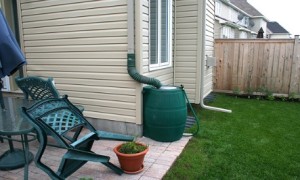
1. Bring a bucket into the shower with you when you bathe. If you’ve got room, bring two. You might be surprised at how much reuseable water you rescue from the drain. If your shower’s too small for buckets, just plug the drain.
2. Utilize a rain harvesting system to capture the free precipitation that falls from the sky. Make sure this catchment device is properly covered so bugs and debris don’t go for a swim.
3. Wash dishes or clothes by hand in a drainless tub or container. As long as you use non-toxic soaps, this water can be reused safely.
Now that you’ve got your water, it’s time to use it:
1. Water house plants or lawn
2. Water your flower beds or garden (only the cleanest grey water, aka rain water, should be used this way. If you use a toxic cleaning agent, don’t put it on your veggies.
3. Use it to manually fill your washing machine or flush your toilet.
4. Distill rain water and use it as emergency drinking water, water your pets, or fill your aquarium.
Legal Note: Some recommend checking with your local government before setting out a bucket or installing a more involved grey water recycling system. In some state and cities, reusing water is unsafe because of bacterial contamination. See this post from GrewaterRecycling.Net for more info on local laws.
What other ways could grey water be reused? Share your ideas in a comment!
Image Credit: Flickr – Stockerre



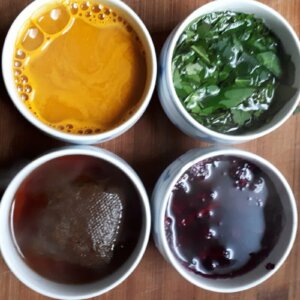

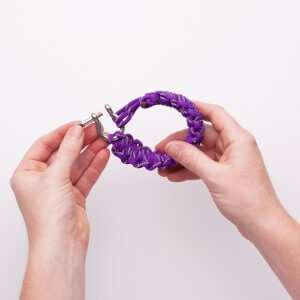
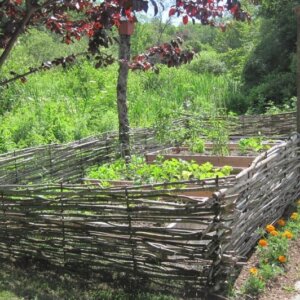
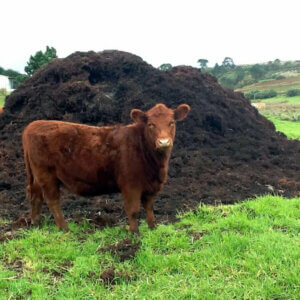
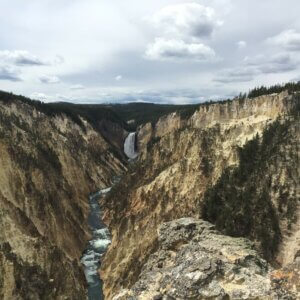





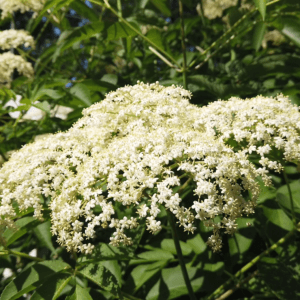

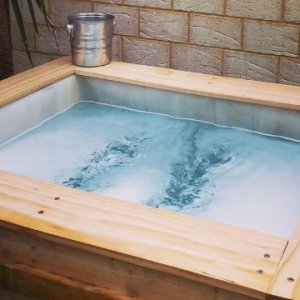


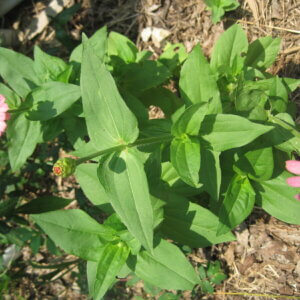











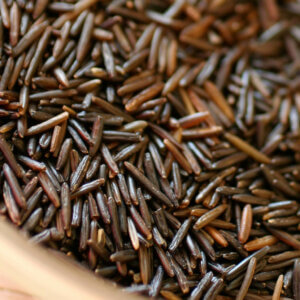


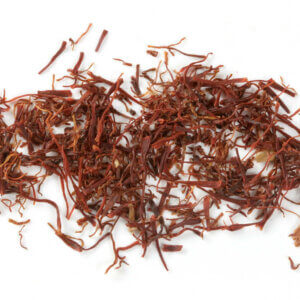



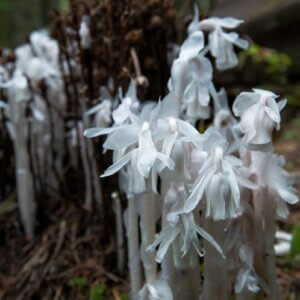
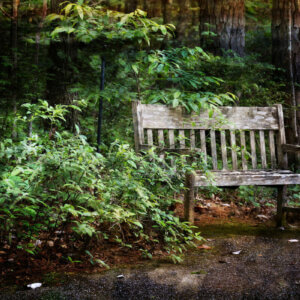


Leave a Reply